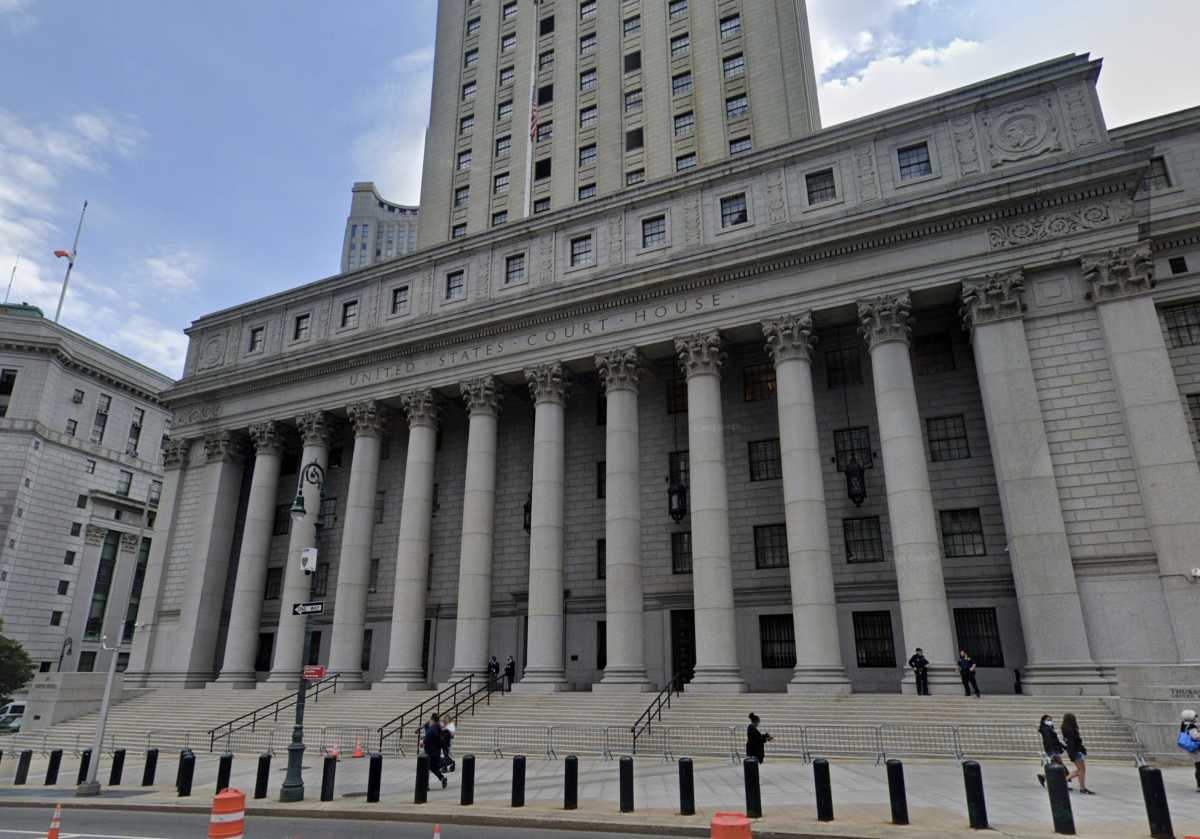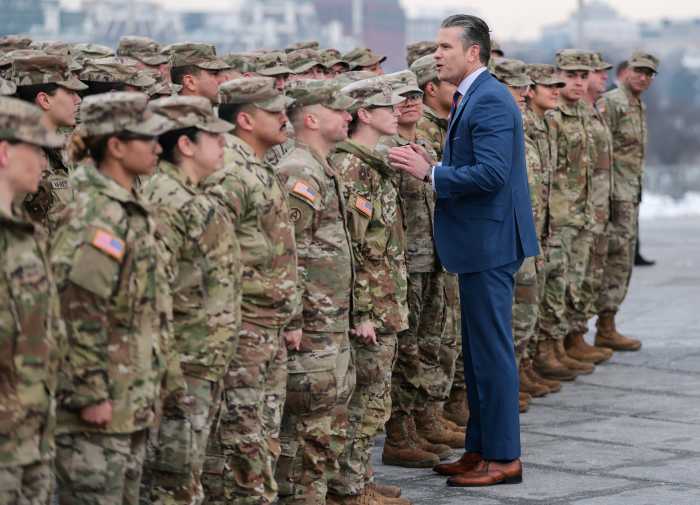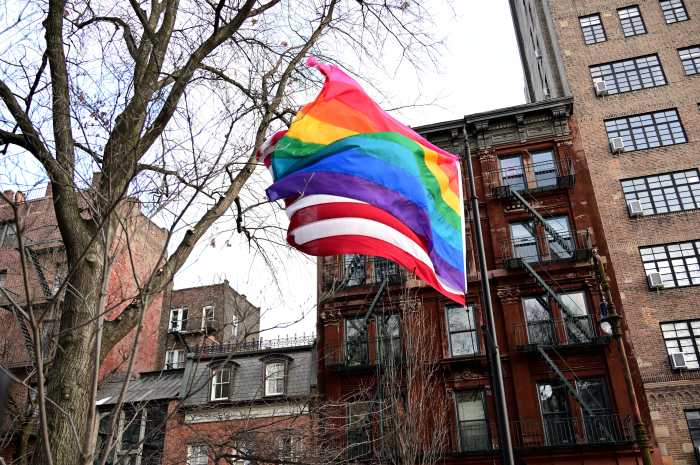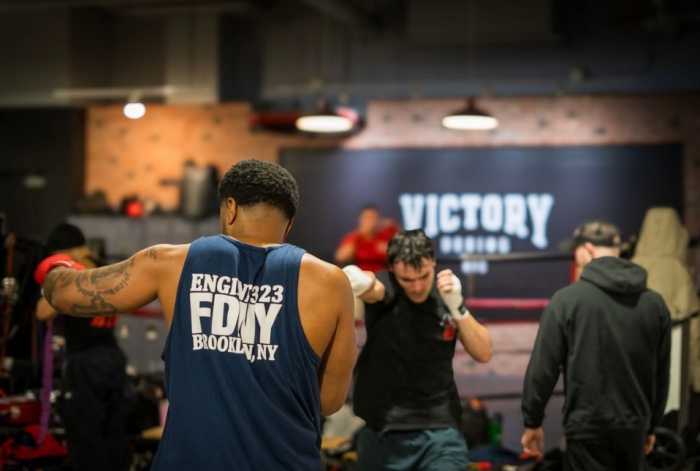Mid Vermont Christian School was suspended from membership in the Vermont Principals’ Association (VPA), which regulates middle and high school extracurricular activities in Vermont, because Mid Vermont’s girls’ basketball team forfeited a playoff game rather than compete against a team from Long Trail School that included a transgender girl. The ensuing lawsuit resulted in a Sept. 9 opinion by the New York City-based Second Circuit Court of Appeals restoring Mid Vermont’s VPA membership while the lawsuit is pending.
When Mid Vermont learned that its playoff competitor team included a transgender girl, describing the individual as a “biological male,” it asked VPA to bar the transgender athlete, contending that sending its girls into competition with “biological males” would “affirm” that these “males” were female, in violation of the school’s religious beliefs. VPA refused to exclude the transgender athlete, consistent with its understanding of Vermont anti-discrimination law and its own written policy allowing transgender students to participate in all activities supervised by the VPA consistent with their gender identity.
Mid Vermont then announced that it would forfeit the game, and VPA’s governing body voted to suspend Mid Vermont’s membership and participation in VPA activities. This exclusion extended to all extracurricular activities operated by VPA, including non-athletic competitions such as debate, spelling bees, science fairs, and drama festivals.
When Mid Vermont applied the following academic year for membership in the VPA, it was informed that it would have to agree to comply with the organization’s non-discrimination policy and declined to do so.
Mid Vermont filed suit claiming violation of its religious freedom rights under the First Amendment and sought a preliminary injunction reinstating its membership while its case is pending in federal court. Its lawsuit claimed that it was concerned with competitive fairness and possible risk to its female athletes from competing with “biological males,” but emphasized the religious basis for its objections. The district judge, Geoffrey Crawford (a Barack Obama appointee), refused the preliminary injunction, finding that the VPA’s nondiscrimination requirement was “neutral” regarding religion, and that the forfeiture for the reason cited by Mid Vermont likely justified their suspension.
On Sept. 9, a Second Circuit three-judge panel unanimously reversed, concluding that Mid Vermont presented evidence that the VPA’s decision was tainted by hostility to Mid Vermont’s religious beliefs about gender identity, and ordering the district court to issue the preliminary injunction. The panel consists entirely of Republican appointees: Michael Park and Richard Sullivan (Donald J. Trump) and Senior Judge Richard Wesley (George W. Bush).
The panel’s opinion, written by Judge Park, relies heavily on the Supreme Court’s Masterpiece Cakeshop ruling from 2018. In that case, a baker challenged the Colorado courts’ determination that he had violated the state’s civil rights law by refusing to design and bake a wedding cake for a same-sex couple. The baker cited his religious beliefs as the basis of his refusal. Although the Supreme Court’s opinion emphasized that ordinarily a commercial business, such as a bakery, could not claim a religious exemption from complying with a state’s anti-discrimination law, the decision against the baker by the Colorado Civil Rights Commission was “tainted” by open hostility to the baker’s religious views, and thus had to be set aside.
In this case, Judge Park advanced three reasons why the court found the VPA’s decision to be similarly “tainted.” First, he characterized statements made by the VPA’s executive director, at a hearing of a Vermont legislative committee held shortly before the VPA voted to suspend Mid Vermont, to reflect hostility to Mid Vermont’s religious views. Second, he similarly characterized the formal statement issued by the VPA when its governing committee rejected Mid Vermont’s appeal of the suspension. Third, he noted that the VPA had failed to follow its own established procedures and practices, and that it had never previously suspended a school from participating in all events for forfeiting a game.
When this litigation got under way, VPA partially reconsidered and decided to allow Mid Vermont’s students to participate in its co-educational non-sports activities, effectively admitting that the full activities suspension it had imposed was probably not supported by a “rational basis” as required by the Supreme Court’s interpretation of the First Amendment.
The examples cited by Judge Park paralleled in some respects the incidents cited by the Supreme Court in the Masterpiece Cakeshop case as grounds for setting aside the decision against the baker. Alliance Defending Freedom, the anti-gay religious litigation group, represents Mid Vermont in this case and represented the baker in the Masterpiece Cakeshop case. In Masterpiece, Justice Kennedy focused on remarks by members of the Colorado Commission at a public hearing that decried discrimination by religious groups, similar to the remarks by the VPA’s executive director at a legislative hearing.
Because the Supreme Court has been busy over the past few years expanding the scope of religious freedom under the First Amendment, Judge Park had plenty of Supreme Court cases to cite in support of the court’s decision, including last term’s decision in Mahmoud v. Taylor, holding that parents had a First Amendment right to opt their children out of exposure to LGBTQ-related materials in the school curriculum, and Fulton v. City of Philadelphia, which held that a Catholic foster-care agency could not be barred from contracting with the City of Philadelphia because of its refusal to certify same-sex couples as foster parents. In both cases, religious objections to homosexuality or transgender identity played a part.
The VPA could ask the 2nd Circuit to reconsider the case en banc. Democratic appointees hold a slim majority of active judges on the circuit, 7 out of 13. But in light of the Supreme Court precedents amassed by Judge Park in the panel opinion, a reversal en banc could be a long shot.





































